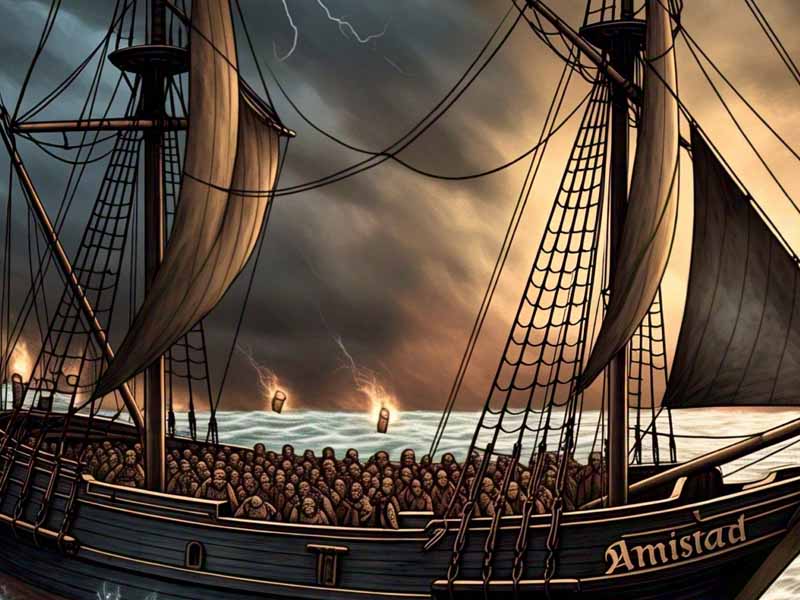
Arcadiadaily – Honoring Victims of slavery and the transatlantic slave trade is the central purpose of March 25, observed as the International Day of Remembrance of the Victims of Slavery and the Transatlantic Slave Trade. This annual commemoration serves as a solemn reminder of the millions of men, women, and children who suffered under the brutal system of forced labor that lasted for over four centuries.
The transatlantic slave trade, one of history’s darkest chapters. Saw the forced transportation of millions of Africans to the Americas and Europe under inhumane conditions. The impact of this historical injustice still resonates today. Shaping societies and influencing discussions on racial equality, reparations, and human rights. Honoring Victims on this day ensures that their suffering and resilience are not forgotten.
One of the key aspects of Honoring Victims of slavery is educating people about the historical consequences of the transatlantic slave trade. Schools, universities, and cultural institutions worldwide use this day to highlight the atrocities committed during this period and to foster discussions on its long-term effects.
“Stricter Emission Rules: The Future of Diesel Innovation”
The United Nations plays a pivotal role in promoting awareness through exhibitions. Panel discussions, and educational programs that emphasize the importance of remembering the past to build a more just future. Museums and historical sites dedicated to the history of slavery. Such as Goree Island in Senegal or the African Burial Ground National Monument in the U.S. Hold special events to mark this day.
While March 25 is a day of remembrance, it is also a call to action. Many organizations and human rights activists use this opportunity to advocate for stronger policies against modern slavery. Human trafficking, and racial discrimination. Governments and institutions worldwide continue to work on initiatives that address social injustices stemming from slavery’s legacy.
By honoring victims and acknowledging the past, societies can take meaningful steps toward reconciliation and equality. Furthermore, the remembrance of those who suffered ensures that history is not repeated. And their stories inspire the ongoing fight for human dignity and justice. As a result, as the world reflects on this day, it serves as a reminder that the lessons of the past must guide the progress of the future.
“The Creative Penn: Master Writing & Publishing”
